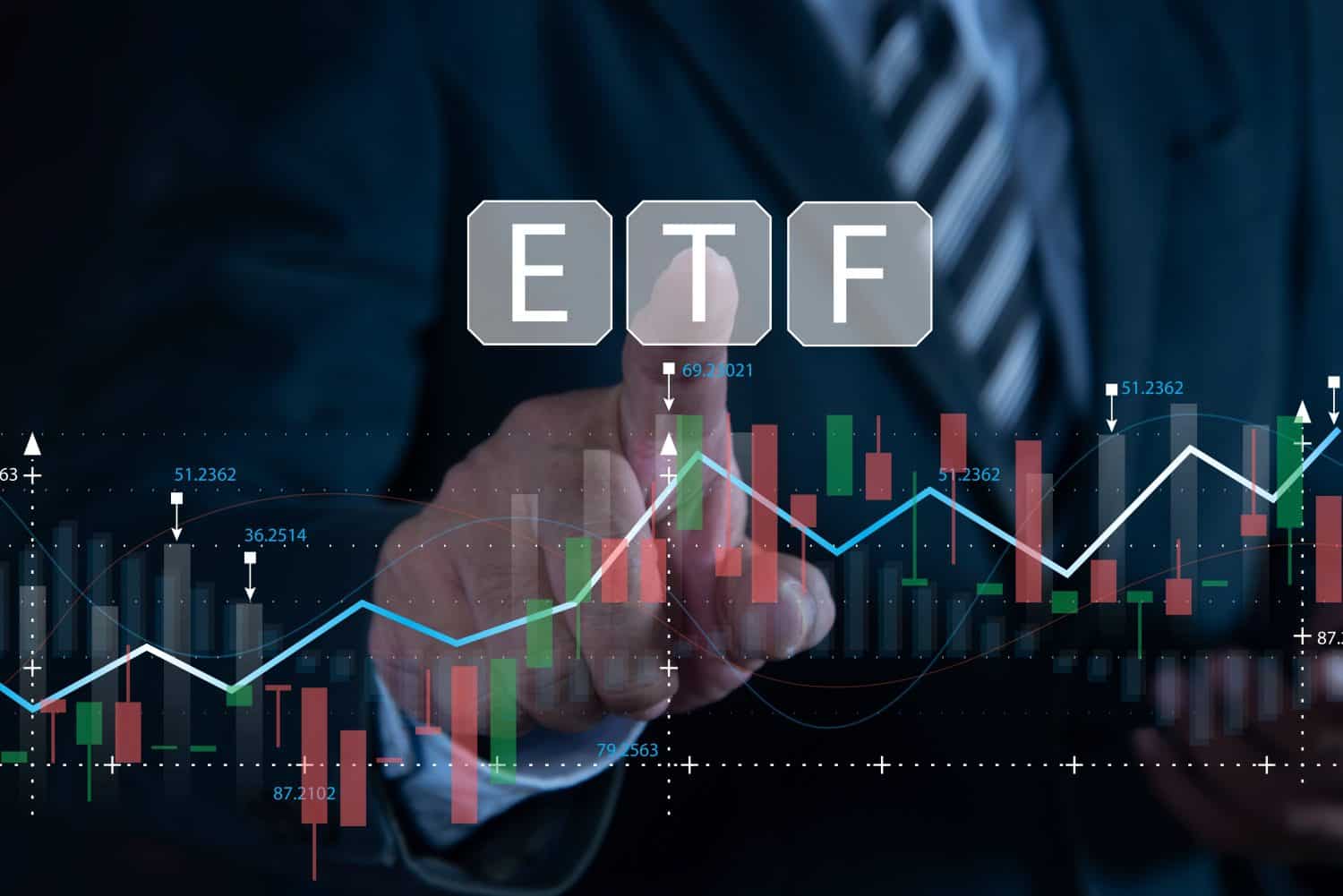
"The stock market today looks nothing like the stock market two decades ago, and it is likely that many of the top 20 companies will look alien to you in 2045. This means betting on very narrow sector-based ETFs should be out of the equation. Funds that are overly reliant on options should also be avoided, since a short-selling ban like the one in 2008 could be catastrophic for them. Something like that happening in your lifetime is certainly possible."
"It owns 103 large-cap U.S. companies that have paid dividends for at least ten consecutive years. The ETF then scores them on four pillars: cash-flow-to-total-debt, return on equity, dividend yield, and five-year dividend growth. The 103 holdings with the best composite scores are market-cap weighted, so the portfolio tilts toward sturdy cash generators. This includes , , , and . All of these companies have long histories and are well-positioned to keep delivering income."
"The final list is ranked by indicated yield and is weighted by the dollar value of dividends they are expected to pay, with a 10% cap on any single holding. This has worked wonderfully, and FDL has been one of the most consistent and stable ETFs in the past decade. It yields 4.21% and has an expense ratio of 0.43%, or $43 per $10,000."
Dividend ETFs with long track records can provide income that outlasts an investor. The current stock market differs greatly from two decades ago, making narrow sector bets risky. Avoid funds overly reliant on options due to vulnerability to events like short-selling bans. Use narrow or options-heavy ETFs as satellite holdings, while concentrating core holdings in broad, durable dividend ETFs. Recommended core ETFs include SCHD, which holds 103 large-cap U.S. companies with at least ten years of consecutive dividends and scores them on cash-flow-to-debt, ROE, yield, and five-year dividend growth; FDL, which weights by indicated dividend dollar value with a 10% cap; and VYM.
Read at 24/7 Wall St.
Unable to calculate read time
Collection
[
|
...
]